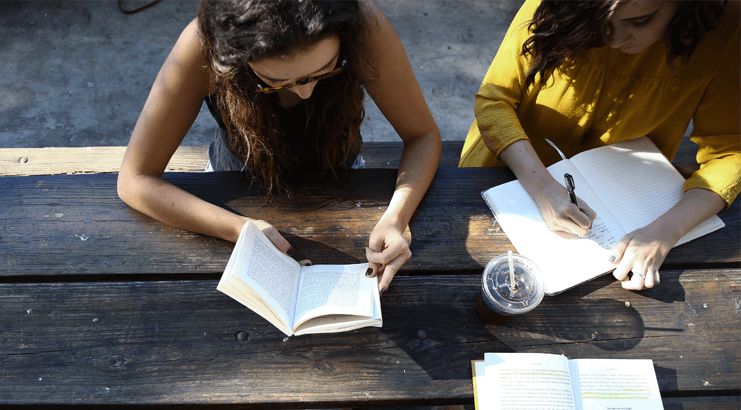France has 809,000 engineers, and 1 in 5 is a woman. This situation is anchored in the education system and particularly in engineering schools where women are underrepresented. This unfortunate situation will not change in the short term as the proportion of women in engineering schools has been growing very slowly over the last 15 years : only 4.7%. This is why Orosound and Le Mans University are launching a new scholarship to promote the profession of electroacoustic engineer among women.
Women in electroacoustics engineering : a minority
“Engineer, it’s a man’s job” : this is the sad cliché that the French “Femme Ingénieure” Initiative has been tackling since its creation in 2015. According to a study carried out by the CDEFI (Conférence des Directeurs des Écoles Françaises d’Ingénieurs) in 2017, 47% of high school students with a major in science are women. However the proportion of women in postgraduate scientific curricula drops down to 28%.
Latest statistics from the IESF (Société des Ingénieurs et Scientifiques de France) show that out of the 809,000 active engineers in France, only 20% are women, with an odd distribution among engineering sectors. Women are more represented in the agri-food, teaching/research, and pharmaceutical industries but they continue to desert the avionic, physical engineering and also the acoustics engineering sectors.
Very few women are acoustic engineers
Headphones, hi-fi systems or Bluetooth speakers are used every day by billions of people. However, the profession behind the design of these objects is not known by the man on the street. Often mistakenly confused with the sound engineer, the acoustic engineer combines several fields of expertise to carry out his missions: electronics, mechanics, physics and of course acoustics.
These talents are rare and highly regarded by recruiters. Leading global audio companies are struggling to get staffed and are hiring their talents in electroacoustics in France, renowned for the excellence of its education. The International Master’s Degree in Electroacoustics (IMDEA) is not spared by women’s underrepresentation. Since its creation in 2012, only 5 women out of 58 students graduated with this Master’s degree, i.e. a ratio of 8.5% only.
A scholarship to encourage women to embrace a career in electroacoustics
Promoting the profession of acoustic engineer among women is the challenge undertaken by Orosound in partnership with the EMV Foundation and the IMDEA at Le Mans University.
The objective: to promote women engineers
The IMDEA Master’s degree at Le Mans University was chosen by Orosound to establish a partnership. With one of the largest acoustic laboratories in Europe, Le Mans University offers excellent education in acoustics engineering. For Manuel Melon, co-supervisor at IMDEA, “a scholarship dedicated to women would make it possible to initiate a dynamic towards a gender balance in our program. The startup Orosound, which strongly promotes the values of innovation and well-being at work, is therefore a natural partner for financing this scholarship.” As any other company in the audio industry, Orosound is confronted to the lack of women engineers. Committed to gender equality, Orosound takes the issue proactively.
“As a company with expertise in acoustics and machine learning, we regularly hire engineers. In practice, we came up against a difficult issue : to hire women engineers. We have therefore decided to tackle the problem upstream. With a scholarship that promotes women’s access to a degree of excellence in acoustics engineering, we hope to offer women engineers the best perspectives in this industry,” says Pierre Guiu, CEO at Orosound.
Women engineers: how to get this scholarship?
Orosound offers an annual grant of 7.000 euros to attend the IMDEA Master’s degree. Female students must apply on the Master’s program website (applications must be submitted between January 15th and June 21st). The awardee will be announced in July.

